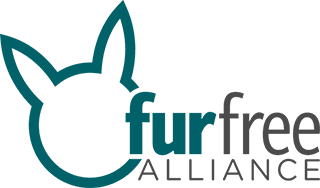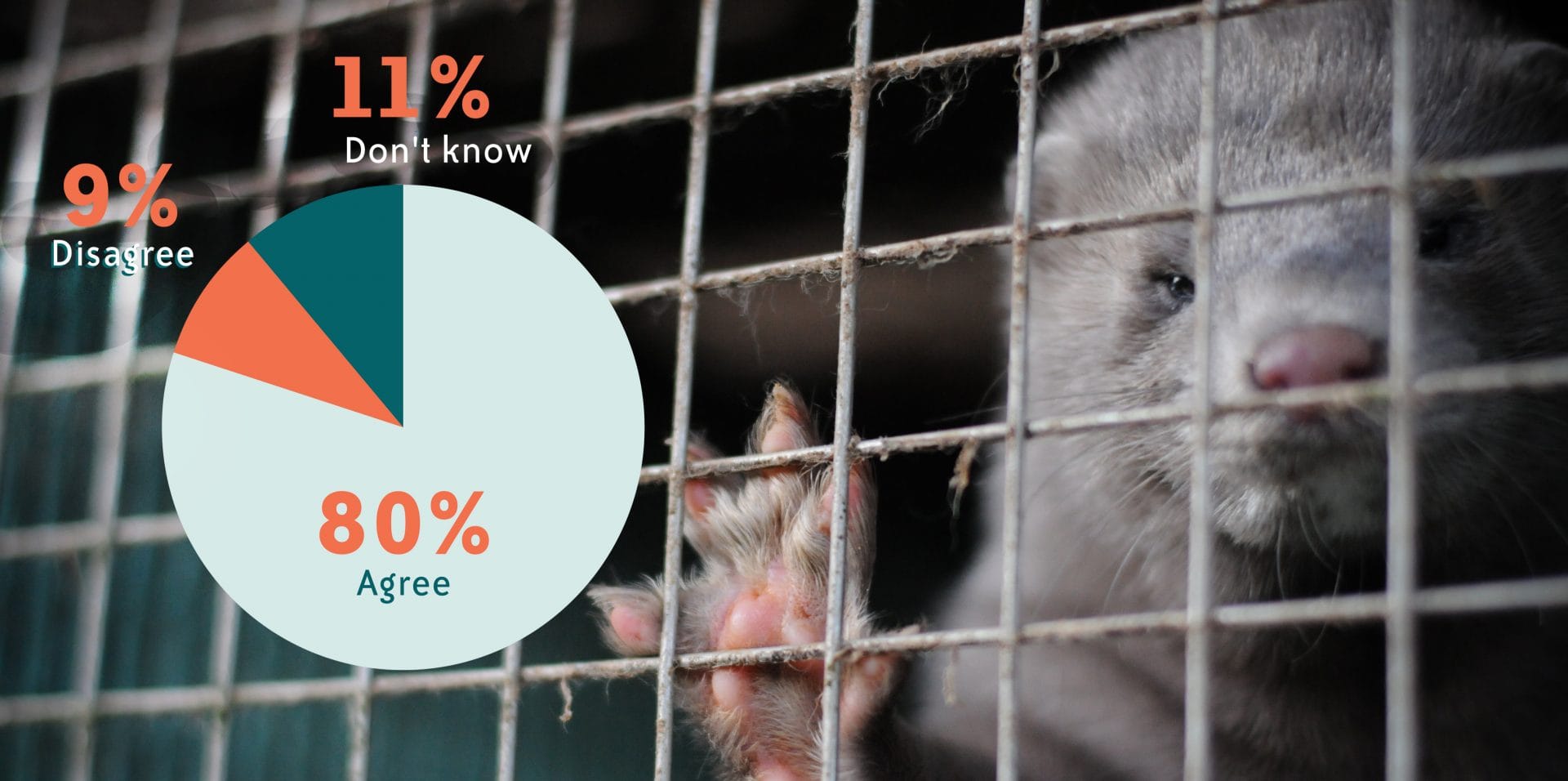
Estonian MPs present a bill to ban fur farming
ESTONIA, NOVEMBER – On 14 November 2018, a bill to ban fur farming in Estonia, starting 2024, was presented to the Estonian parliament by social democrat Barbi Pilvre and 17 other parliament members. The NGO Loomus, the Estonian representative of the Fur Free Alliance, welcomes the initiative and invites people to the animal rights march on 24 November in Tallinn.
Pilvre again initiated the bill to amend the Animal Protection Act and the Nature Conservation Act, which would outlaw the keeping and breeding of animals with the purpose of fur production.
NGO Loomus, that consulted the Estonian parliament on this draft, declared its support for the initiative and invited people to attend a march in Tallinn in support of the welfare of animals on November 24.
The aim of the bill is to ban the keeping of animals solely or primarily for the purpose of producing fur, as well as their breeding and propagation solely or mainly for the purpose of producing fur. If the bill is adopted, fur farms will cease to exist in Estonia from January 1, 2024.
Spokespeople for Loomus say their biggest victory so far, is the presentation of the bill, to the Riigikogu in spring 2017, to ban fur farming. Loomus leader Kadri Taperson says:
“As the bill was not passed by the parliament then, we very much hope that the new initiative is more successful and fur farms will discontinue their activity also in Estonia soon.”
A manifest to support the fur farming ban, initiated by Loomus in 2014, is signed by all the major animal welfare organizations of Estonia, along with over 60 other non-governmental associations and businesses of various origin.
Fur farming is banned or is being out-phased in Austria, Belgium, Bosnia and Herzegovina, Croatia, Czech Republic, Germany, Luxembourg, Norway, Republic of Macedonia, the Netherlands, Serbia, Slovenia and the UK, while partial bans are in effect in Denmark and Sweden. The country to adopt a ban most recently was Norway, where fur farms will cease to exist in 2025. Furthermore, parliamentary discussions on fur farming bans are currently taking place in Ireland, Lithuania and Poland.




